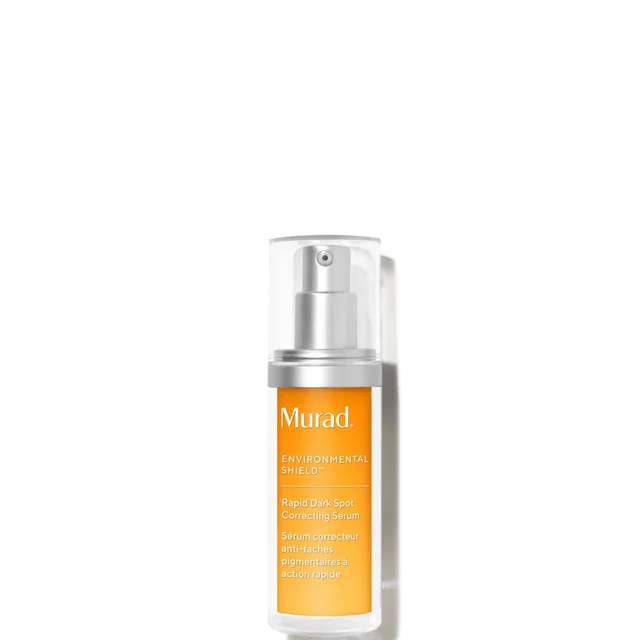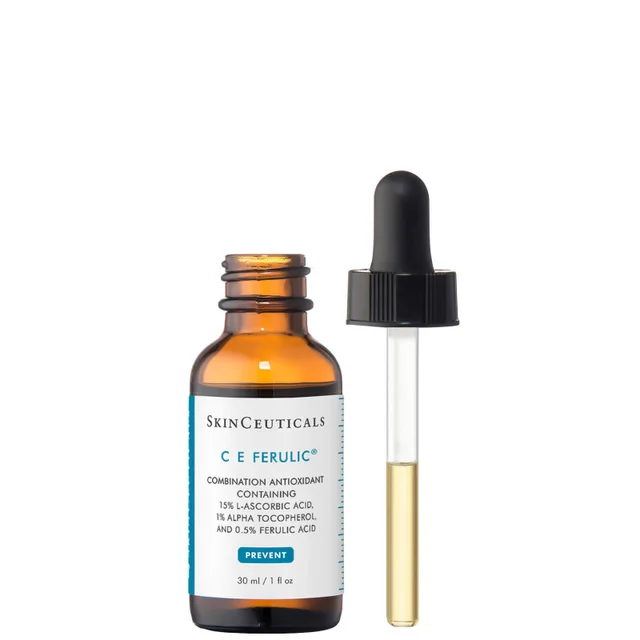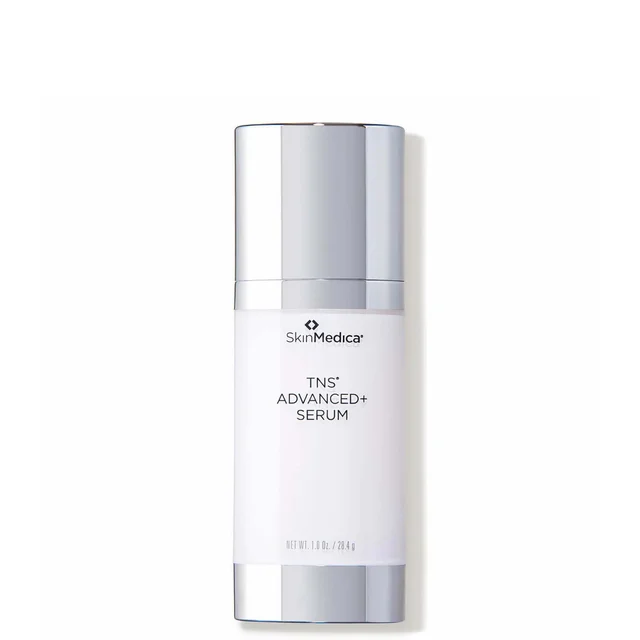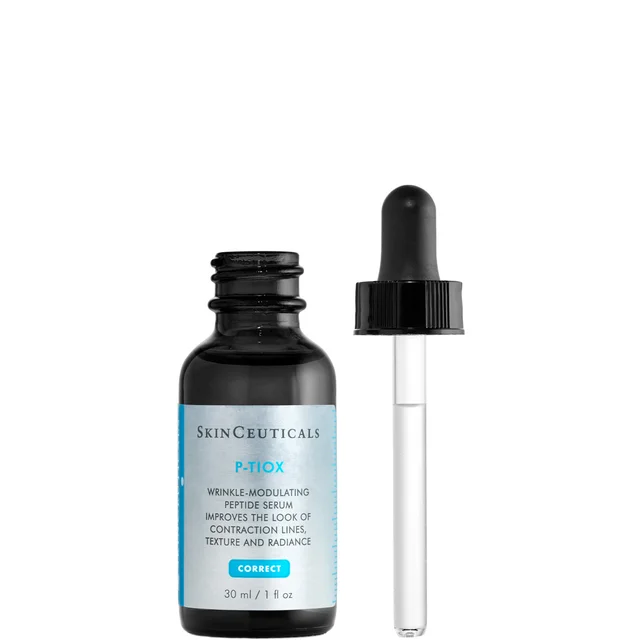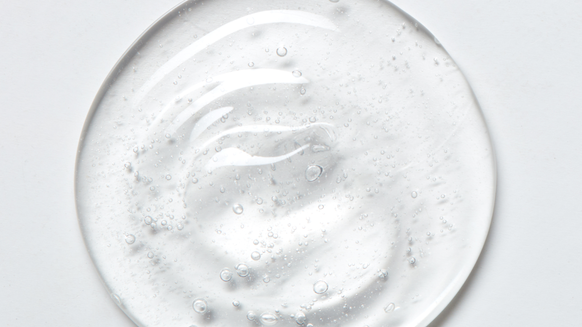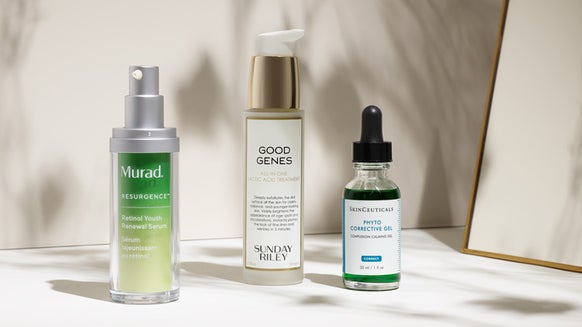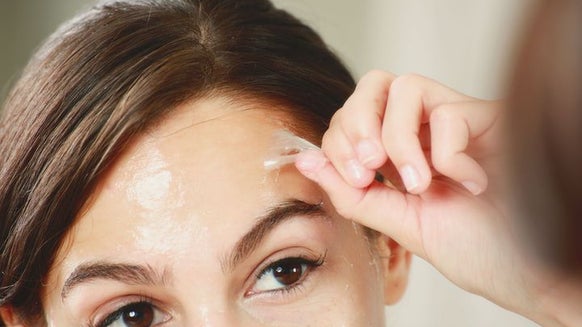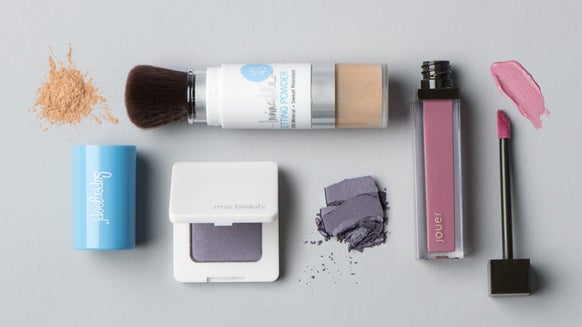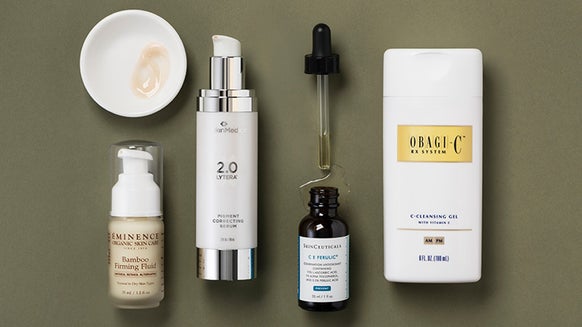5 Tips on How to Layer Serums in Your Skincare Routine
Lightweight, efficient, and packing a heavy punch, serums are the very example of big things coming in small packages. Each tiny vial contains a high concentration of workhorse ingredients that penetrate deep in the skin, delivering potent, skin-loving actives straight to its target—whether that’s signs of aging, dark spots and pigmentation, or uneven tone and texture. But while plenty of A-list ingredients can hit two (or more) birds with one stone, getting rid of all your skin woes and keeping your skin in fighting form isn’t always a one-serum job. The solution? Layering. But how exactly does it work, and how do you know if you’re using the right formulas for the task? Ahead, we list down our best tips on how to layer serums.
How to Layer Serums in You Skincare Routine
1. Incorporate Serums the Right Way
You may have the makings of a game-changing anti-aging potion in your hands, but you won’t be reaping your concoction’s benefits unless you know exactly when and how to apply it. To get the most from your routine, remember these tips:
- Apply serums after cleansing and toning and before moisturizers to help active ingredients penetrate deeply and more effectively.
- Wait at least two to three minutes before layering your second or third serum to give each product enough time to fully seep into your skin and prevent pilling or rubbing off.
- Introduce serums to your skincare routine slowly, and pay close attention to how your skin reacts.
2. Pay Attention to Your Pairings
Certain skincare ingredients work better together while some should never be allowed to touch your skin at the same time. Layering serums calls for ingredient synergy, choosing actives that enhance and support each other’s benefits while filling in the gaps and making sure all your bases are covered. Here are some of our favorite serum pairings:
Hyaluronic Acid and Retinol: A powerful hydrator and an anti-aging MVP combo is your best bet in delaying the most common signs of aging.
Vitamin C and Hyaluronic Acid: Let your skin bask in the best glow up with these daytime skincare staples that transform dull-looking skin, brighten dark spots, and deliver intense hydration.
Peptides and Retinol: Layering retinol with peptides helps reduce irritation and ensures your skin barrier isn’t compromised by heavy-hitting active ingredients.
Niacinamide and Retinol: Niacinamide is a multitasking vitamin with a long list of benefits, including soothing and nourishing retinol-treated skin.
Ceramides, Peptides, and Pre- and Probiotics: These ingredients are the absolute go-tos if you’re serious about strengthening your skin’s natural barrier and balancing its microbiome.
Hyaluronic Acid and AHAs/BHAs: Hyaluronic acid can nourish, soften, and rehydrate the skin after undergoing chemical exfoliation.
3. Consistency Matters
Are your serums watery and lightweight or do they tend to be heavier and oil-like? As a general rule, serums should be applied from thinnest to thickest consistency. Thin formulas are lighter and have a smaller particle size, which means they can penetrate the skin faster and deeper. By applying them first, you’re not hindering their efficacy and slowing down their absorption rate. If you’re layering serums with similar consistencies, start with the ingredient that addresses your most stubborn concerns.
4. Don't Go Overboard
Bombarding your skin with layers upon layers of potent actives is not only time consuming, it can also overwhelm your skin and reduce the chances of each ingredient being properly absorbed. Keep things simple and limit your serum products to no more than two or three.
5. Layering Serums Can Be Done During the Day or At Night
Ingredients like vitamin C and hyaluronic acid are a must during your AM routine because they provide your skin with protection from environmental stressors and all-day hydration. Niacinamide, peptides, and ceramides, on the other hand, are best used twice daily (morning and night) to maximize their benefits. Retinol serums are recommended for nighttime use to avoid sun exposure and take advantage of the body’s natural repair process.
Now, Shop Dermstore's Best-Selling Serums
Murad Rapid Dark Spot Correcting Serum
Available without a prescription, this powerful serum is every bit a pro when it comes to fading dark spots, improving tone, and reviving dull skin.
Key Ingredients: Glycolic Acid, Resorcinol, Tranexamic Acid
Skin Type: Combination, Dry, Normal, Oily
Beauty Insider Tip: Use this serum as part of your daytime routine (followed by SPF) and as a treatment at night for optimal results.
SkinCeuticals C E Ferulic
This holy grail vitamin C serum is the undisputed champ when it comes to defending your skin from free radical damage, delaying signs of aging, and improving dark spots and pigmentation.
Key Ingredients: Vitamin C, Vitamin E, Ferulic Acid
Skin Type: All skin types, including sensitive skin
Beauty Insider Tip: Once properly absorbed by the skin, this universally praised serum can stay effective for up to 72 hours.
SkinMedica TNS Advanced+ Serum
There’s a reason dermatologists are among this serum’s biggest fans. Featuring next-generation growth factors and a proprietary blend of botanicals, peptides, and marine extracts, this professional-grade skincare wonder refines coarse wrinkles and fine lines, lifts sagging skin, and noticeably refines tone and texture.
Key Ingredients: TNS®-MR, Rensessensce (RSC) Advanced
Skin Type: Mature, Normal Skin
Beauty Insider Tip: Perfect for day and night use, apply this serum twice daily and start seeing results in just two to four weeks.
Medik8 Liquid Peptides Serum
Powered by modern peptide technology, this crystal-clear serum boasts of a 30 percent multi-peptide blend that works hard to deliver effective hydration, all-in-one youth-enhancing effect, and skin-changing solutions to dark spots and uneven skin tone.
Key Ingredients: Peptides
Skin Type: All skin types, including sensitive skin
Beauty Insider Tip: Best for both AM and PM routines, it’s the perfect partner for vitamin C in the morning and retinol at night.
iS Clinical Active Serum
Acne, pigment irregularities, and signs of aging don’t stand a chance against this best-selling and multi-awarded serum. Its age-defying, blemish-correcting, and brightening formula acts fast to deliver long-lasting results, including refining the look of fine lines, wrinkles, uneven skin tone, and acne-related discoloration.
Key Ingredients: Plant-derived AHAs and BHAs
Skin Type: Acne-Prone, Combination, Oily, Mature
Beauty Insider Tip: This serum produces a cooling tingling sensation upon application—a sure sign of its incredible potency.
SkinCeuticals P-TIOX Anti-Wrinkle Peptide Serum
This botox-inspired serum boasts of SkinCeuticals’ superior skincare technology and advanced solutions to address the most pressing skin concerns, including deep wrinkles and expression lines, loose or sagging skin, and dull and uneven complexion.
Key Ingredients: Advanced Peptide Complex, Polyhydroxy Acid, Niacinamide
Skin Type: All skin types, including sensitive skin
Beauty Insider Tip: This serum not only complements neurotoxin injections but is also designed to deliver the same anti-aging corrections on hard-to-inject areas.
PCA SKIN Hyaluronic Acid Boosting Serum
This deeply hydrating serum makes parched and dehydrated skin a thing of the past. It delivers instant and long-lasting hydration and leaves you with smoother, softer, and more supple-looking skin.
Key Ingredients: HA-Pro Complex™, Ceramides, Niacinamide
Skin Type: All skin types, including sensitive skin
Beauty Insider Tip: This hydration powerhouse works by delivering intense moisture in three ways: on the surface, in the deeper layers, and by increasing the skin’s natural hyaluronic acid production.
FAQ
Which Ingredients to Avoid Mixing
On the other side of the equation, some ingredients that are great on their own don’t always end up being a match made in skincare heaven. These include:
Retinol and Vitamin C: These anti-aging heroes are best kept apart to avoid increasing the risk of irritation and sensitivity. Vitamin C works great during the day while retinoids are your skin’s perfect nighttime companion.
Retinol and AHAs/BHAs : Using potent chemical exfoliators on skin that’s already coping with another heavyweight ingredient like retinol can often lead to increased sensitivity, dryness, and irritation.
Vitamin C and AHAs/BHAs: Exfoliating acids can change the pH of vitamin C, making it less stable and significantly reducing its potency. Use vitamin C in the morning and acid-based treatments for your PM routine.
The Bottom Line
It’s safe to say that when it comes to skincare routines, serums are the main event. But even the biggest stars need a little bit of support to enhance their shine, which is why layering serums can be a crucial step in addressing several skin concerns and maintaining healthy and youthful-looking skin. Although it can seem intimidating at first, layering serums doesn’t have to be complicated as long as you do a little bit of homework and understand what ingredients and combinations work best, the right order of application, and how to layer serums efficiently and effectively.

Janeca Racho is a Journalism graduate with over 15 years of writing experience. After getting her start in public relations and advertising, she made the switch to freelance writing and began working for various lifestyle, fashion, and travel brands. Her love for all things skincare has led her to beauty reporting and research for the last ten years. Writing for several hair and beauty blogs, she reports on anti-aging staples, trending brands and products, must-have ingredients, and health and wellness.
